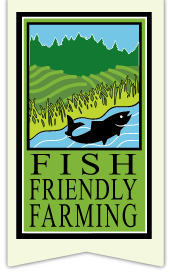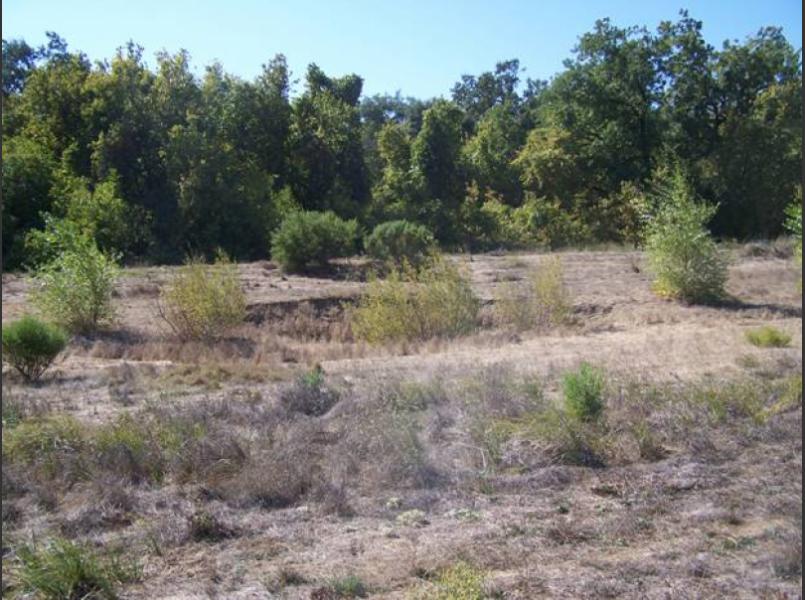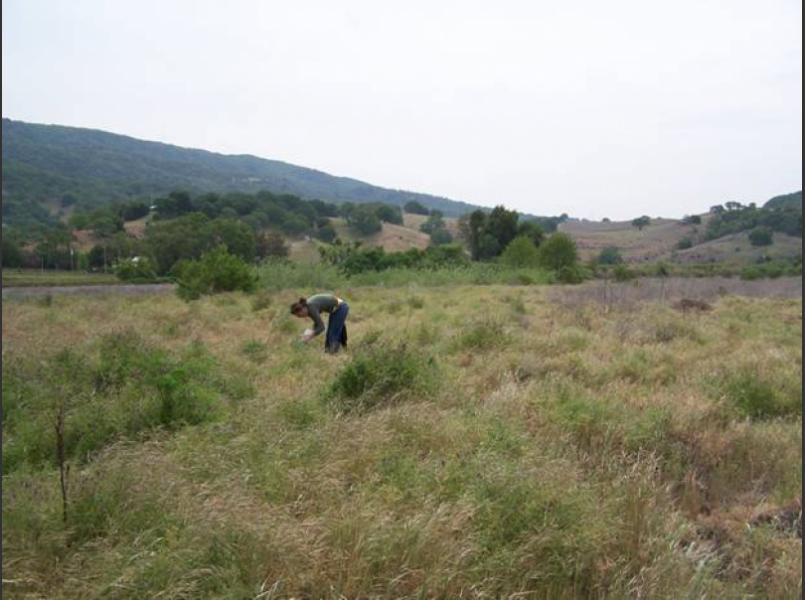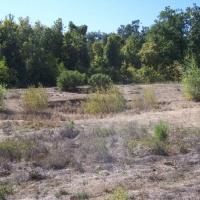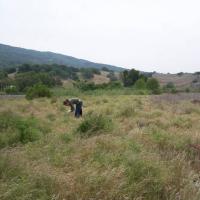King FARMS Enhancement Project
King Farms is the site of the largest riparian habitat restoration in the Russian River watershed. The farm borders the Russian River south of the City of Ukiah. The Russian River in Mendocino County has been significantly affected by Coyote Dam. Constructed in 1959, Coyote Dam altered the flows in the Russian River to create a water supply for Sonoma County and flood control for the City of Ukiah. Impounding a river behind a dam impounds the sediment supply of the river and alters winter flood flows. Over time, the river, starved of its sediment supply, erodes its bed and banks, entrenching the channel into its floodplain. The floodplain, or flat valley area next to the river channel, is where flood flows spread out and slow down. As the channel entrenches or incises, the floodplain remains above the channel and is infrequently flooded. Most of the high-velocity winter flows are confined in the deep, incised channel, further increasing erosion. On the Russian River in Mendocino County, the river channel has incised 20-25 feet into its floodplain, eroding fish habitat and riparian forest. River banks are 20 feet tall and as they are undercut and fail, remaining riparian habitat is lost. The incision process will continue until the slumping banks re-create a new lower-elevation floodplain where flood flows can spread out and slow down. However, on the Russian River in Ukiah, the lack of sediment supply due to Coyote Dam limits the re-establishment of a new floodplain within the incised channel.

Drawings illustrates changes that have occurred to the Russian River as a result of the large mainstem dam.
At King Farms, a major floodplain re-creation and riparian forest revegetation project was implemented in 2003 as part of the Fish Friendly Farming program. The project excavated a new, lower elevation floodplain, closer in elevation to the incised channel of the Russian River. The excavated dirt was used to create 3.5 acres of vineyard terrace. Over 1,200 native riparian tree seedlings were planted in the 8.3 acre excavated restoration area. Native trees included willow, cottonwood, box elder, valley oak, Oregon ash and others.
Over the past few years, however, the project area has become infested with invasive non-native yellow star thistle. In 2007, the Fish Friendly Farming staff conducted a native plant survey of the area, and provided management and oversight for eradication of the yellow star thistle. Fish Friendly Farming staff will continue to work with the landowners and managers to prevent its recurrence. Additional native riparian trees will be installed in 2009-2010. Funding for this project is provided by the California State Water Resources Control Board and the California Department of Water Resources.
